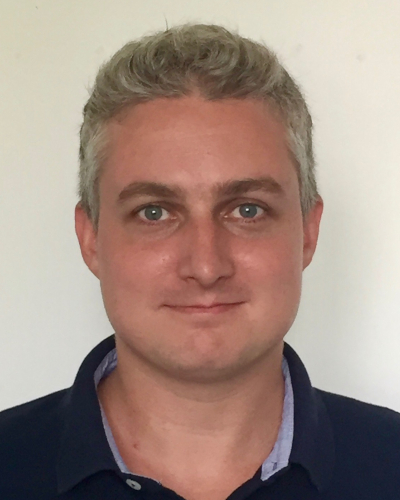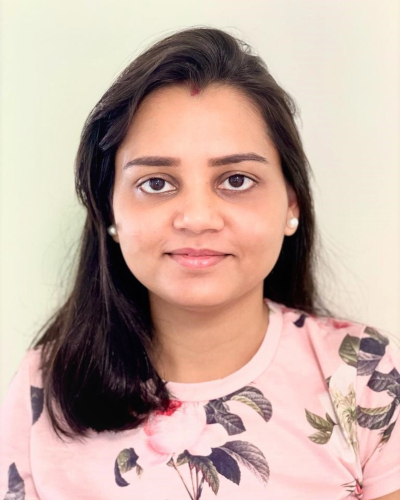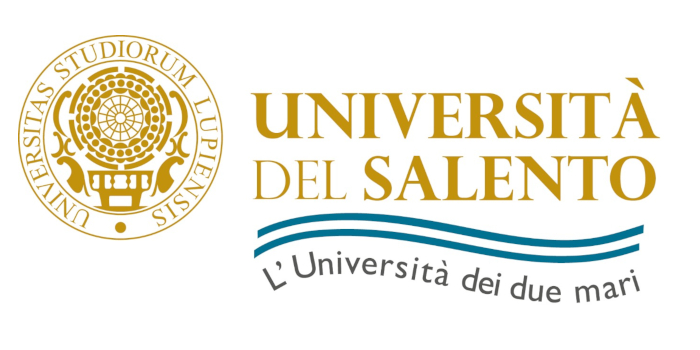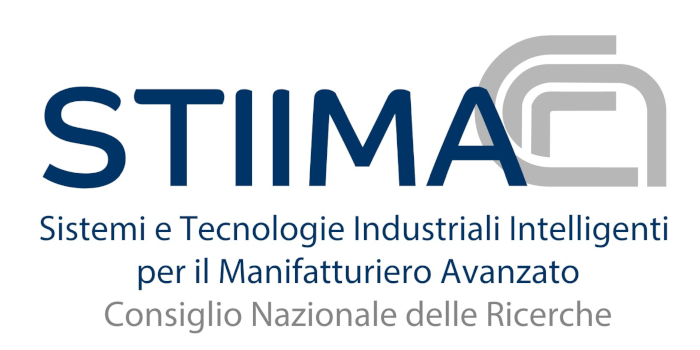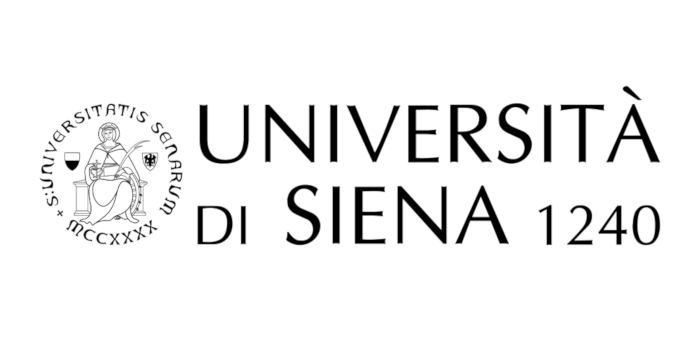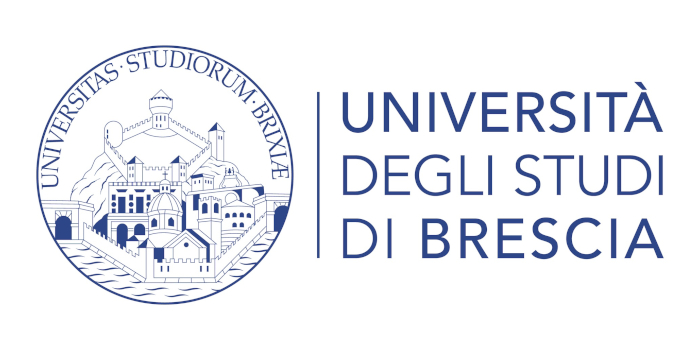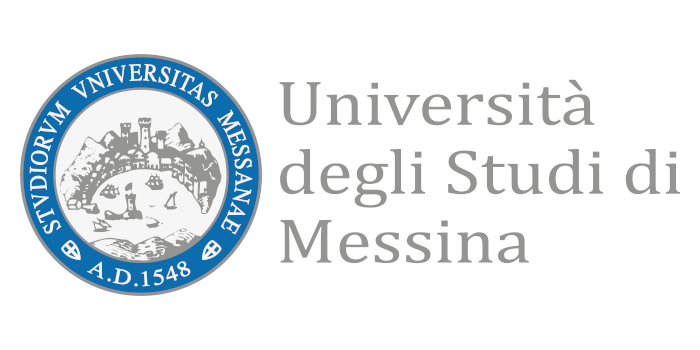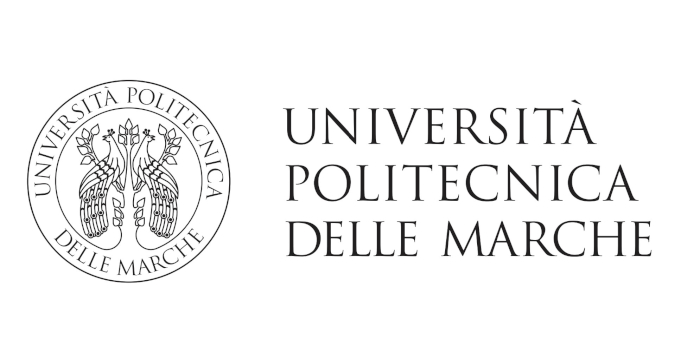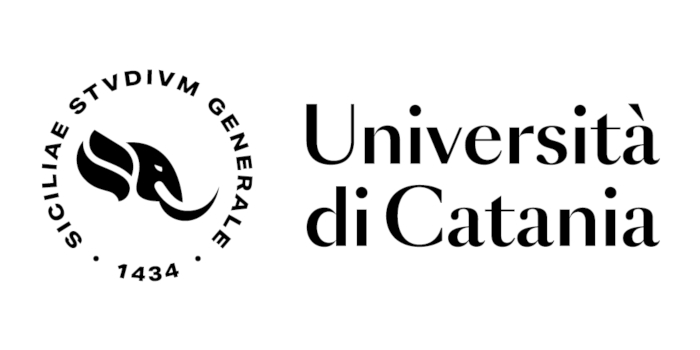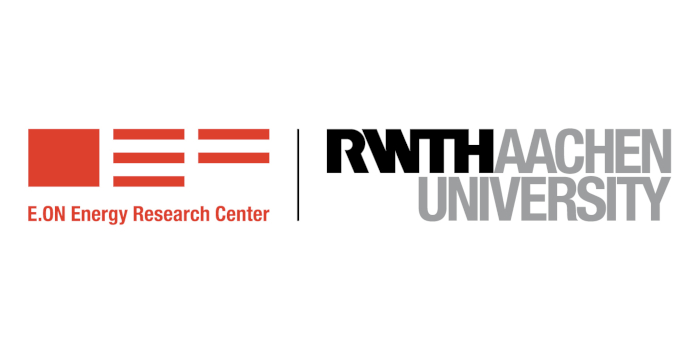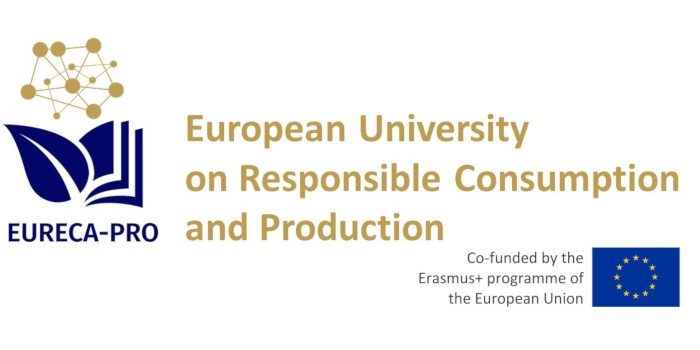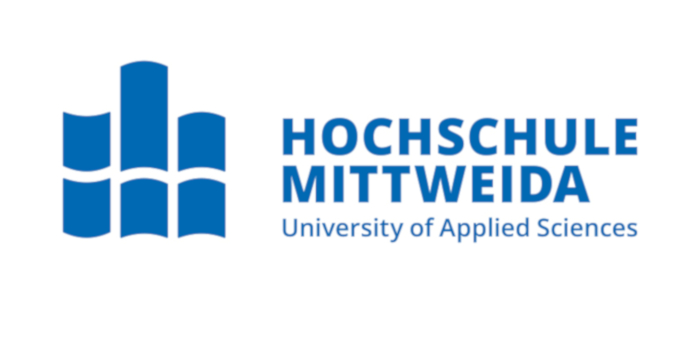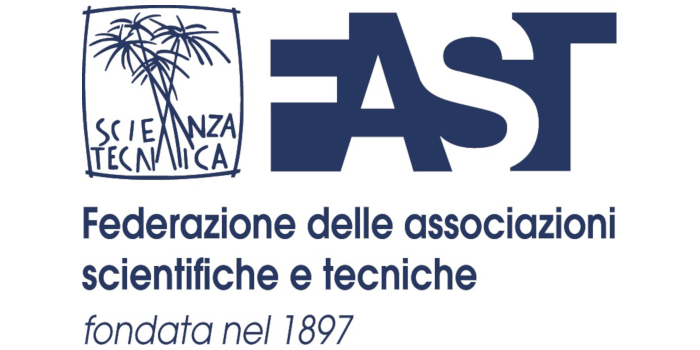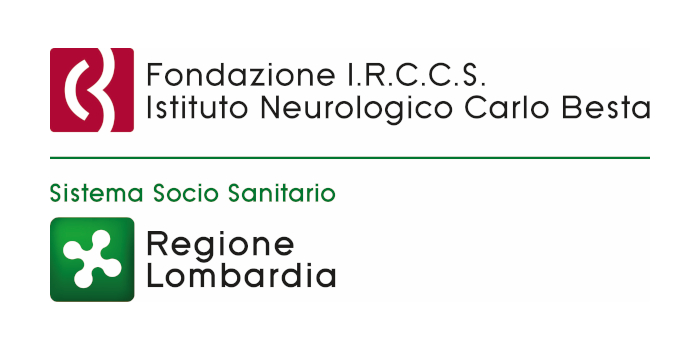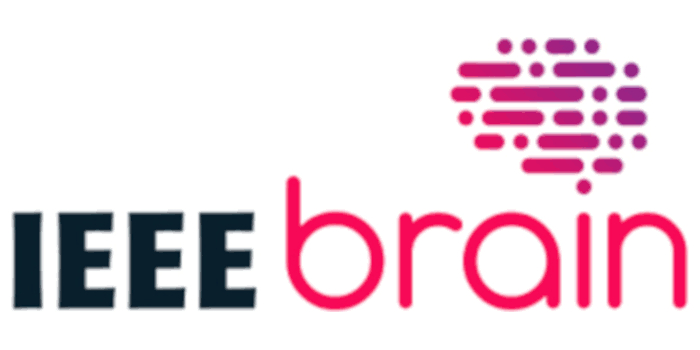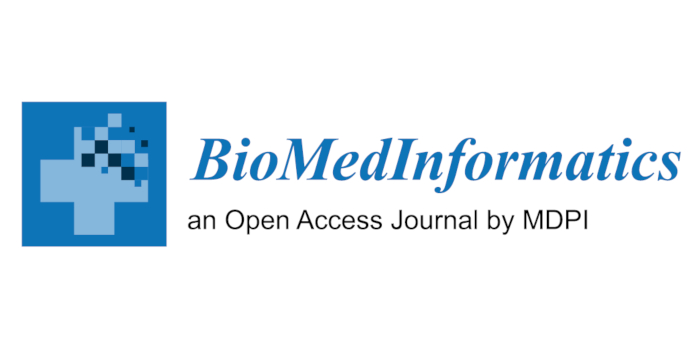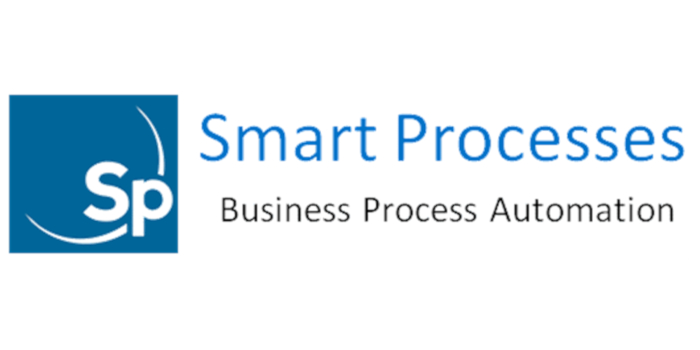SPECIAL SESSION #18
Speech-based Brain-Computer Interfaces
ORGANIZED BY
Maurice Rekrut
German Research Center for Artificial Intelligence (DFKI)
Mansi Sharma
German Research Center for Artificial Intelligence (DFKI)
ABSTRACT
Speech-based communication is the key to human interaction and crucial for intuitive and flexible collaboration. If spoken communication is impaired, due to disabilities or environmental factors like noisy surroundings, interaction becomes cumbersome and less productive. Speech-based Brain-Computer Interfaces try to overcome this problem and restore speech from brain signals. Measurable signals can be evoked in various ways, by spoken speech, silently spoken, or even imagined speech, which makes it a broad field of research.
This special session will host contributions from all different fields of speech-based Brain-Computer Interfaces to provide a fruitful environment for exchange between those related topics. Although the focus will be on non-invasive methods for speech-based communication via brain signals we are also open for invasive measurement methods.
MAIN TOPICS
The list of topics includes (but is not limited to):
- Speech-based BCIs
- Imagined Speech BCI
- Silent Speech BCI
- Overt speech detection based on brain signals
- Non-invasive Speech BCIs
ABOUT THE ORGANIZERS
Maurice Rekrut is a full-time researcher at the German Research Center for Artificial Intelligence (DFKI) and PhD student in his final year at Saarland University. His work is concerned with non-invasive Brain-Computer Interfaces (BCIs) and their applicability in real-world use cases. He is the head of the DFKI BCI-lab in Saarbrücken where established BCI concepts are being revised with respect to integration into practical applications and new methods are being developed to extend and improve existing BCI paradigms. One focus is on the recognition of imagined and spoken speech with EEG-based BCIs which is also the topic of his PhD thesis.
Mansi Sharma is a full-time researcher at the German Research Center for Artificial Intelligence (DFKI) and Ph.D. student at Saarland University. She received her MSc degree in Computer Science from Saarland University in 2020. Her primary research focuses on human intent recognition and multimodality interaction, especially with non-invasive Brain-Computer Interfaces (BCIs). She participated in several BCI competitions and was awarded first prize in Imagined Speech Classification hosted by the International Winter Conference on Brain-Computer Interfaces.


